"We are indebted to our heroes, and must pay this debt not primarily with memorials, but by defending everything they gave their lives for: a free Hungary that decides its own destiny," said Defense Minister Kristof Szalay-Bobrovniczky at Heroes' Plot 52 in the Fiumei Road cemetery.
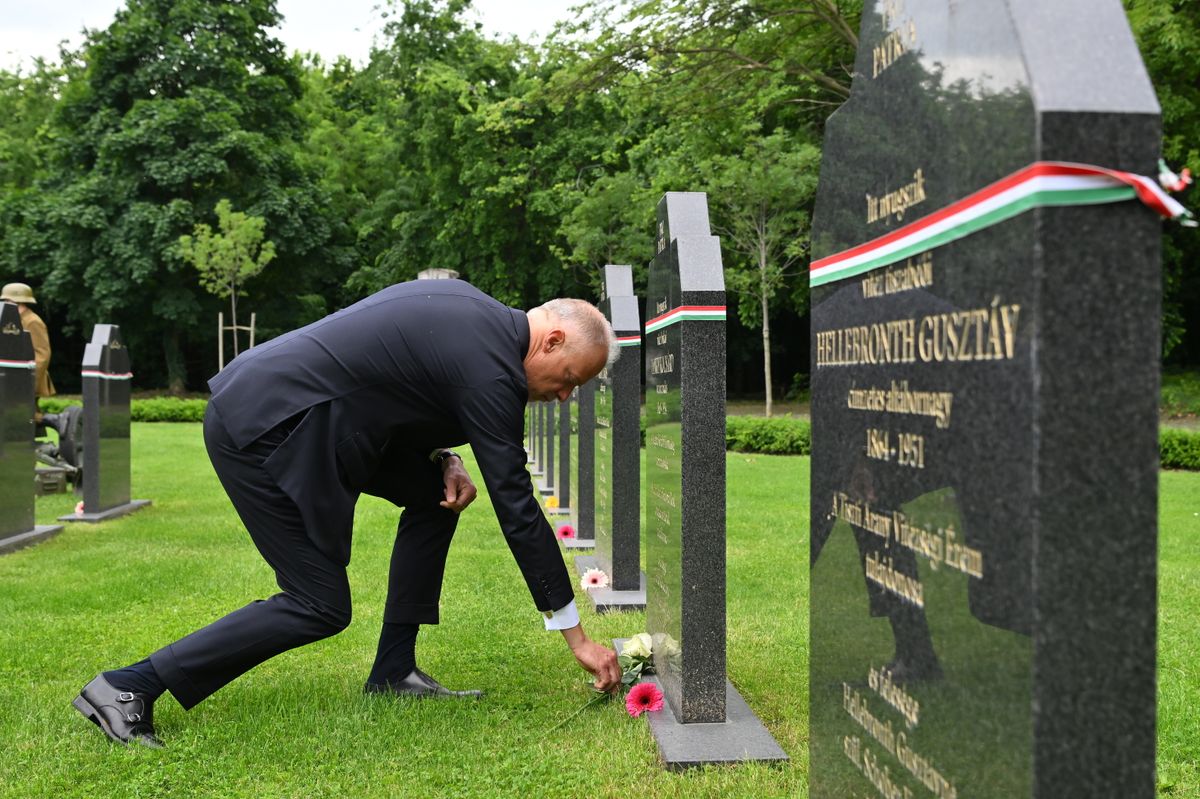
At the commemoration ceremony honoring Hungarian Heroes, the minister said, "We owe it to all Hungarians not to take them into pointless, avoidable wars fought for the interests of others. We owe it to all Hungarians, including those who have come before us and those who will come after us, to stand our ground and defend ourselves," he added, recalling
They were living in difficult wartimes when Baron Ferenc Abele, general staff colonel, wrote in 1915 to Count Istvan Tisza to urge the nation to pay tribute to the heroes who had fallen for their country. The people understood his intention and erected the heroes' memorials from public donations;
"The people knew the memorial was theirs, and that their family members, relatives, friends, acquaintances and neighbors were commemorated on it," he said, adding that this bond, the bond of remembrance, was one of the strongest cohesive forces that held Hungary together in the interwar period. The communist dictatorship devalued the First World War and the sacrifices made for the country, therefore the renewal of memorials, also including those commemorating the heroes and victims of the Second World War, was an important symbol of the regime change.
"By enacting into law the Heroes Memorial Day at the turn of the millennium, meant that the country once again commemorates its heroes and pays tribute to the thousand-year-long journey our soldiers have made in defense of the homeland, the head of the Ministry of Defense said. He stressed that we are indebted to our heroes, without whom we would not be here today. Those who have a past, above all have a present: they know who they are, where they came from and have an idea of what their duty is in the world, he noted.
Those who don't care about the past, who erase the past for good and pursue a quest for a better future that will never come, while making the present a living hell, don't understand because they don't want to understand that we belong together. Yet this country is home to them as well, because it exists. It is because there were those who were willing to fight for it for a thousand and one hundred years,
the minister stated.
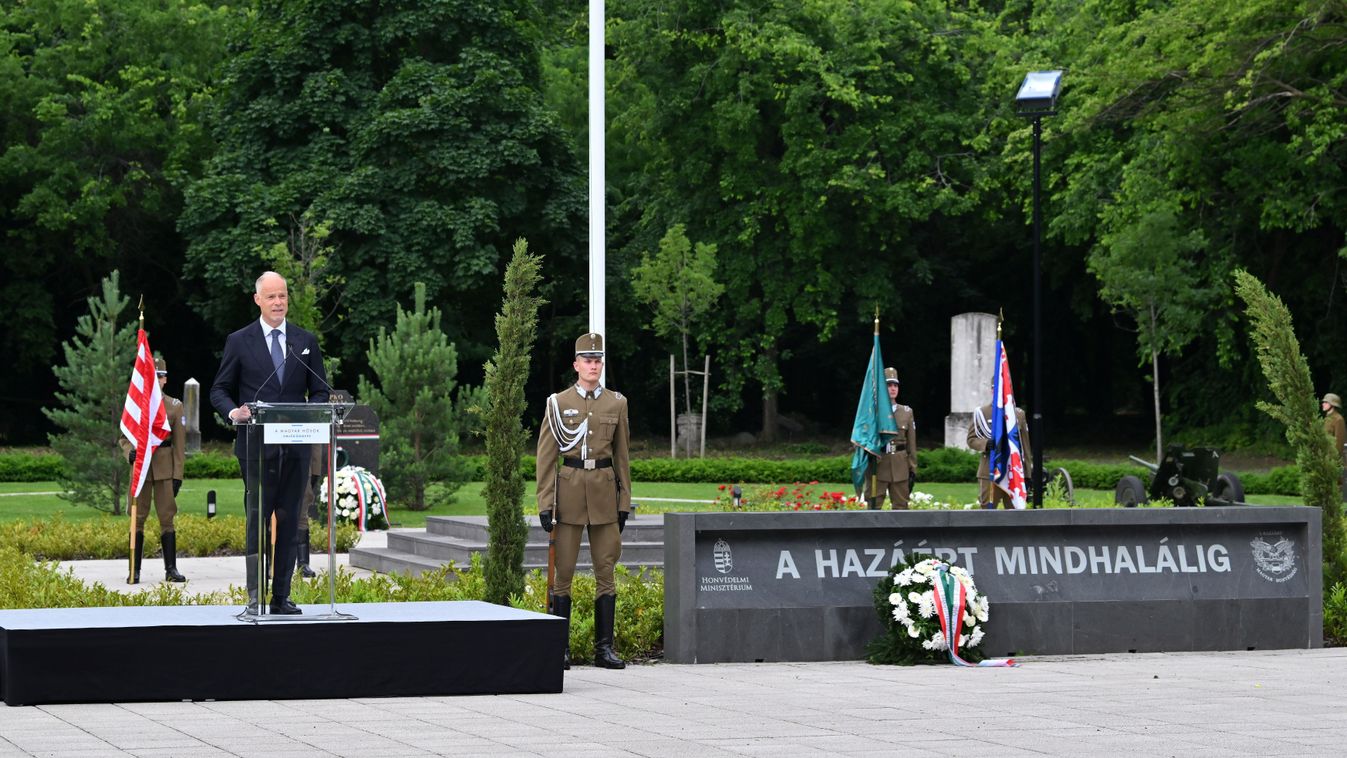
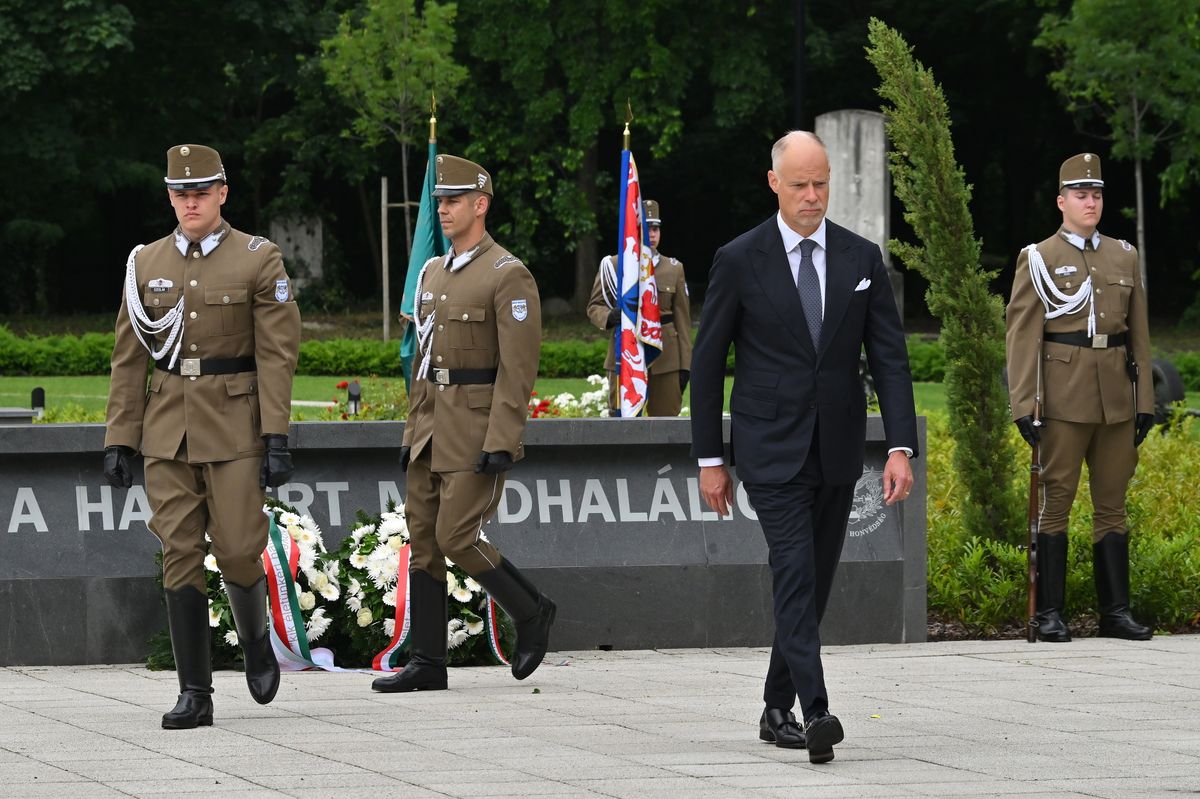
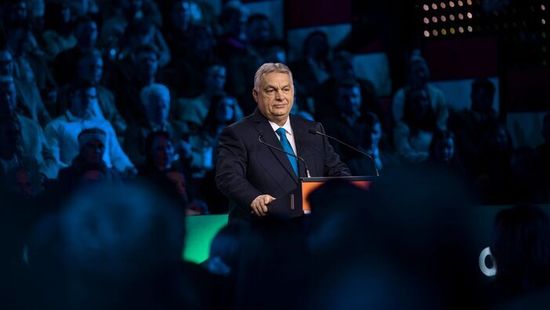
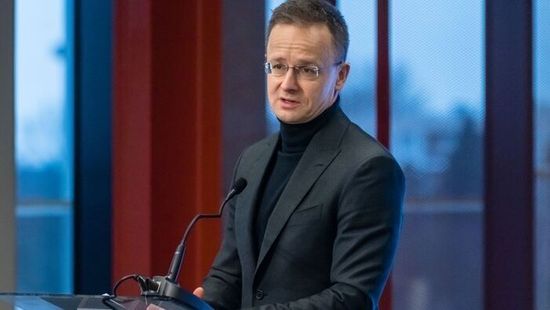
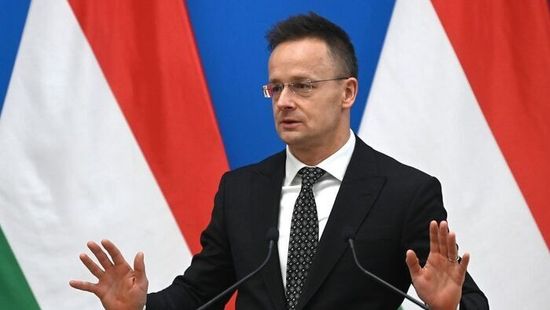
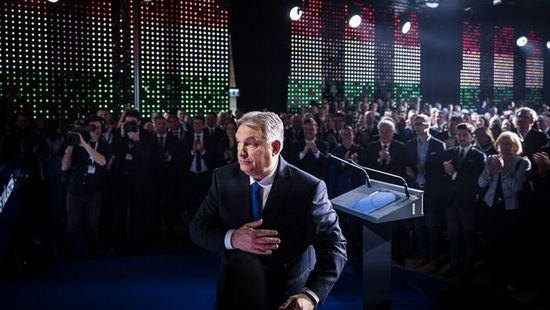

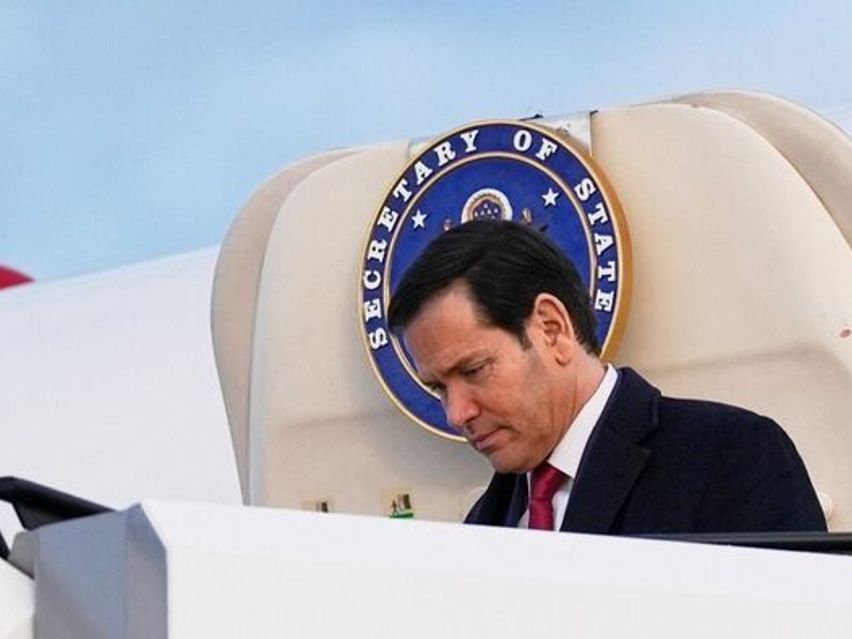
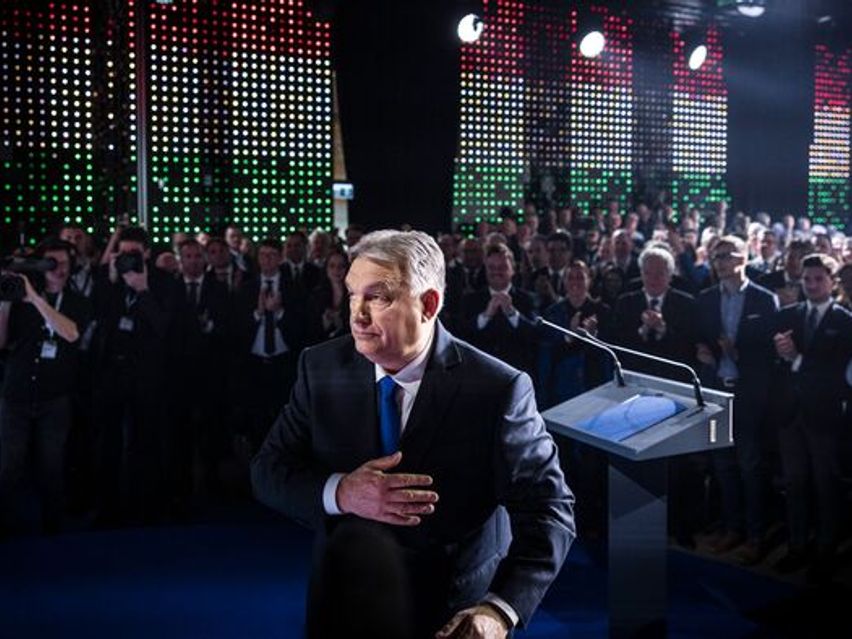
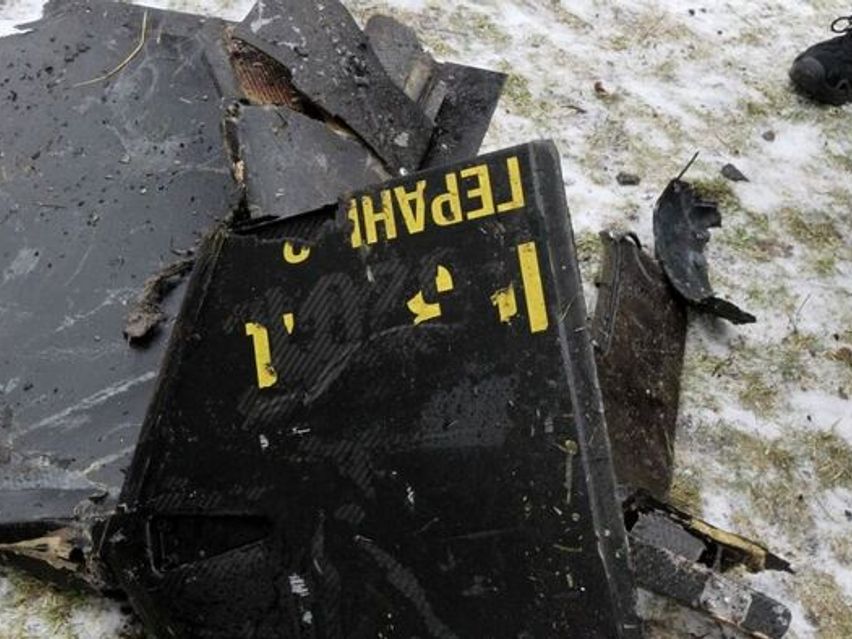
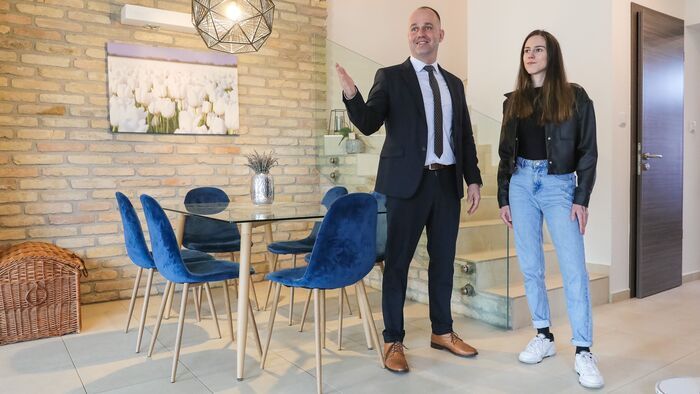

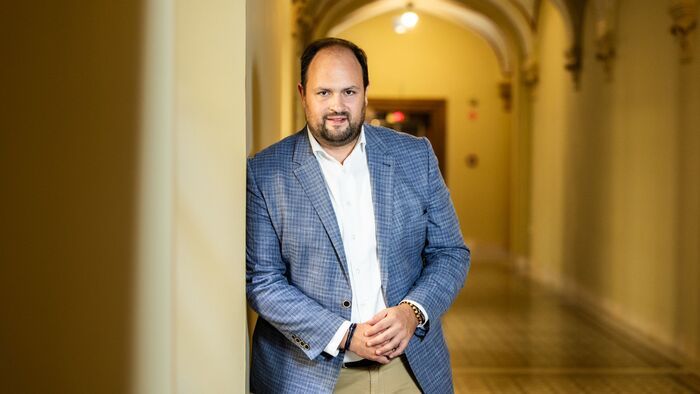
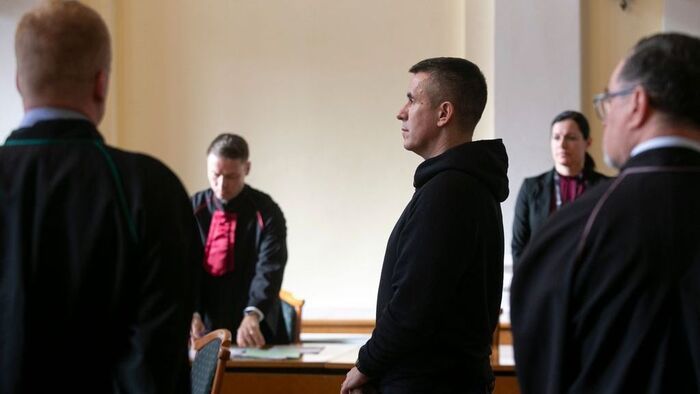
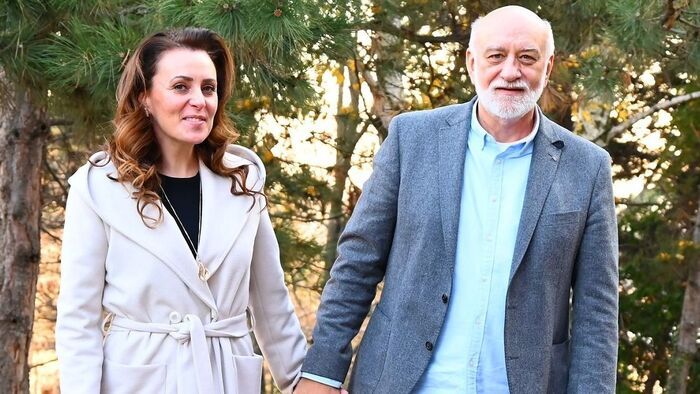
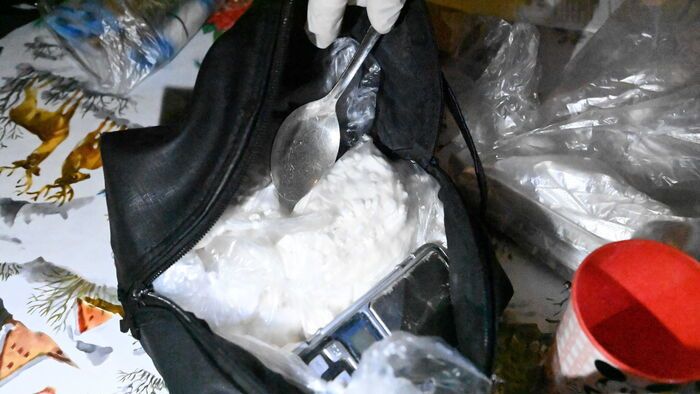
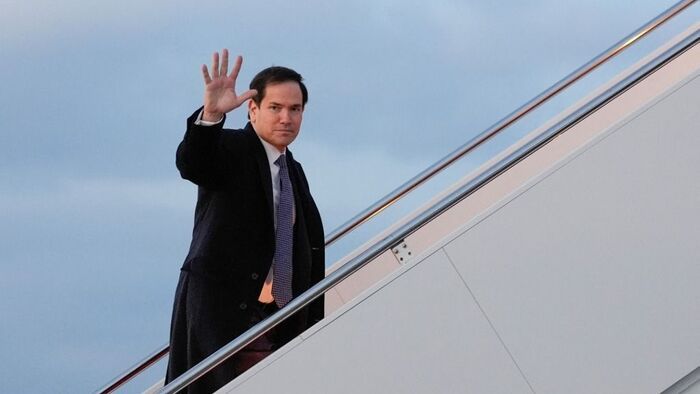
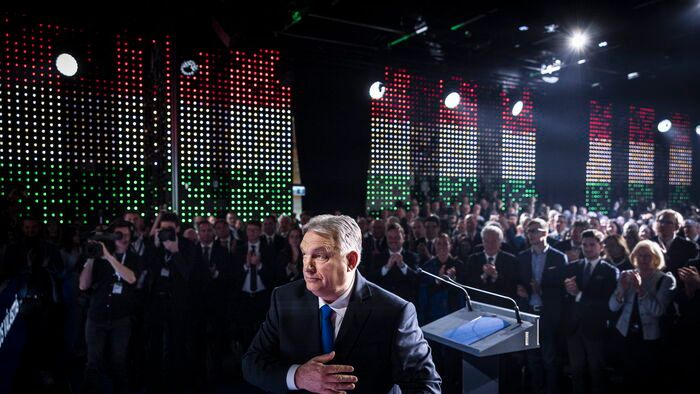
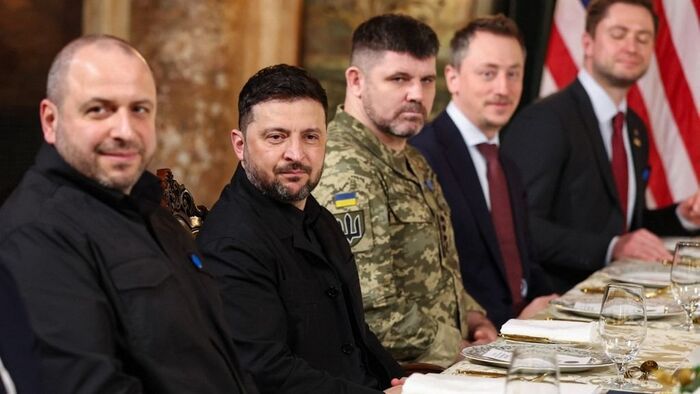
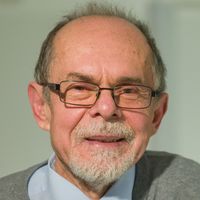

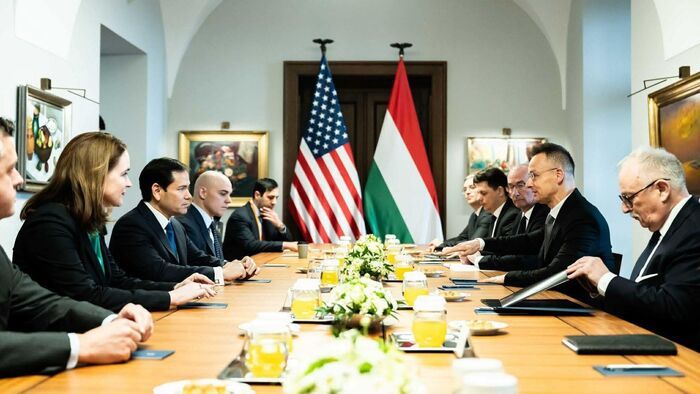


Szóljon hozzá!
Jelenleg csak a hozzászólások egy kis részét látja. Hozzászóláshoz és a további kommentek megtekintéséhez lépjen be, vagy regisztráljon!